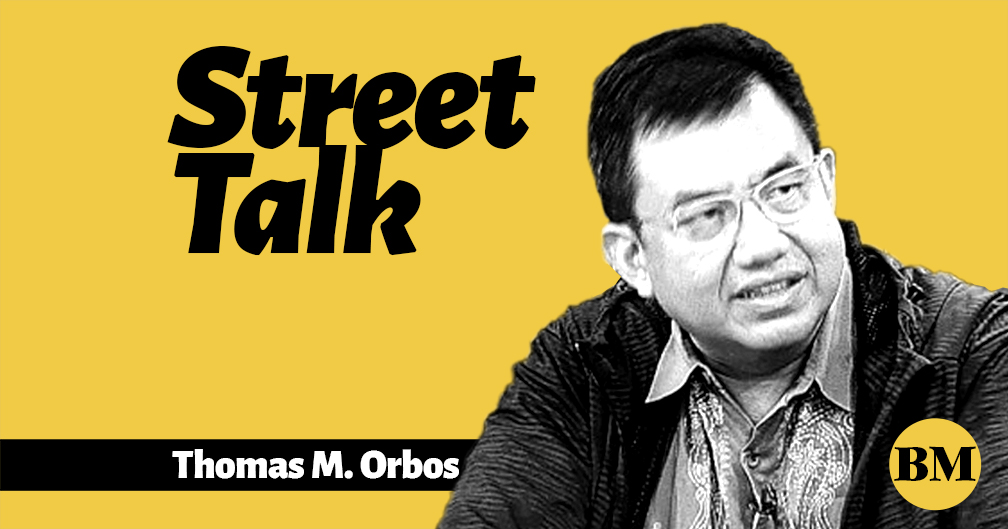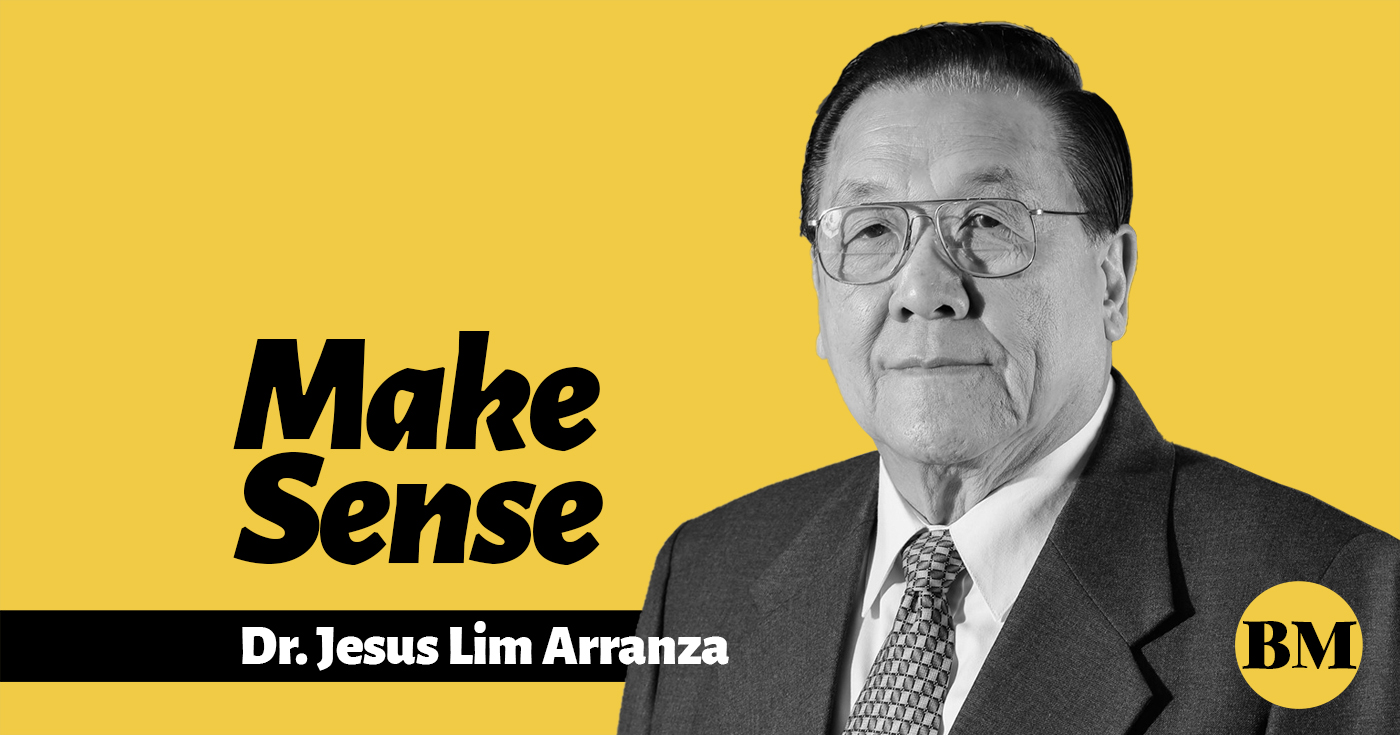Meta is a word that means many things. It could mean “after” or “beyond,” as in “beyond reality” or “beyond the real world.” It could also refer to an “explicit awareness of itself/oneself.” Metaverse, therefore, could refer to an immersive virtual world—distinct from reality—where people (or their virtual representations) gather to socialize, play, and work.
On October 29, Facebook CEO Mark Zuckerberg announced that the company is rebranding itself as “Meta,” the “next chapter for the Internet,” according to Zuckerberg himself. At this time it is merely a vision, but Facebook and other big tech companies are investing heavily in building this virtual world.
In early 2020, Matthew Ball (matthewball.vc) wrote about Facebook’s purchase of Oculus VR and the Horizon virtual world, along with many other projects like AR glasses and brain-to-machine interfaces and communication, all in preparation for the creation of the metaverse. But even Ball himself said last year that the creation of this meta technology is still decades away. With Zuckerberg’s announcement, however, it seems to be closer than we all expected.
Three key aspects are said to exist within the metaverse: presence, interoperability, and standardization. Presence has to do with the feeling of actually being or existing in a virtual space, alongside other virtual characters. Interoperability refers to the ability to move through various virtual spaces. Standardization paves the way for interoperability by creating technological standards to make widespread adoption possible.
Needless to say, our society and economy will be greatly affected by this technological development. It will affect how we relate to others, how powers operate, how culture evolves, and so on. For businesses, the metaverse presents exciting opportunities and endless possibilities in creating new markets, networks, and innovations.
The metaverse will allow people to engage in economic activities as they do in the real world—shopping, trading, investing, building, etc. Many are starting to discover or explore ways to use non-fungible tokens as a tool for value creation, and a way to accelerate the transition into virtual worlds. An NFT is “a claim of ownership for a unique, non-interchangeable digital asset that is stored on a blockchain.” NFTs and cryptocurrencies are blockchain technologies that can facilitate the transfer of digital goods across virtual borders.
Tech players are also finding ways to maximize the functions of smartphones, 5G networks, augmented reality, virtual currencies, and social networks to grow businesses and address certain gaps in society.
We don’t need to jump into the metaverse bandwagon just yet, but preparation is definitely necessary. Every organization has to be vigilant and also to look at how they are presently using digital technology. Microsoft CEO Satya Nadella said, “Every organization will not only need to adopt the latest technology but more importantly build their own unique digital technology or be left behind.”


























